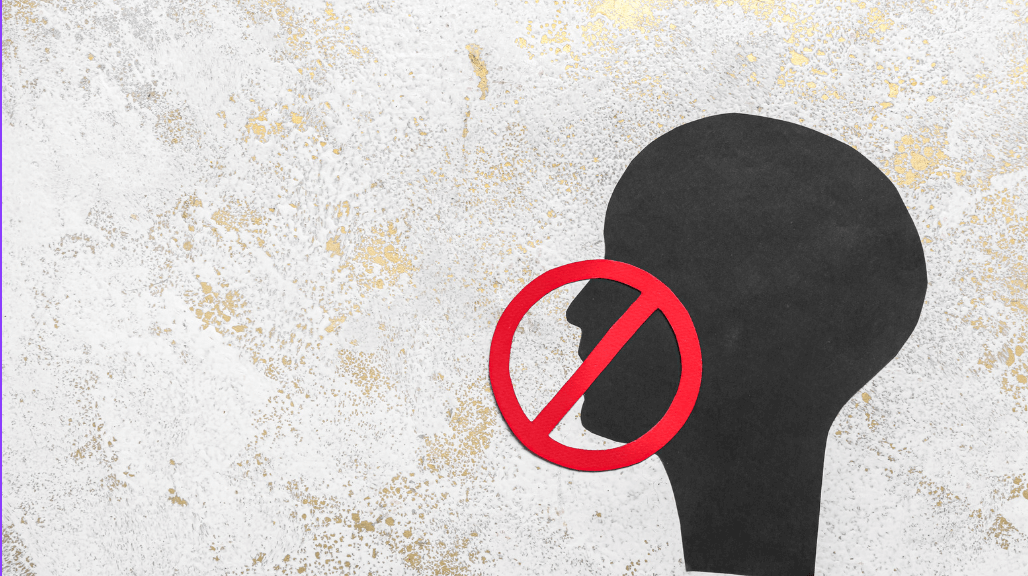Learning SEO for Beginners: Where and How To Start

Beginning the process of learning SEO can be overwhelming. SEO comes with unique challenges and no matter how well-versed you are in your industry, it is your own area of expertise. Whether you’re looking to change careers and work in SEO marketing, or are a small business owner looking to multiply your SEO efforts, learning SEO is a valuable skill.
The good news is that anyone can learn SEO basics and start their journey with the proper mindset, approach, training, and resources. In this article, I’ll address some common beginner-related queries when starting their SEO journey:
- Is SEO hard to learn?
- What skills do you need for SEO?
- Does SEO require coding?
- How do I learn SEO?
- FAQ: How can beginners overcome the overwhelming nature of learning SEO and start their journey in digital marketing?
And I’ll offer practical advice to help you along the way. Let’s jump in.
Getting Started with SEO
There’s a lot to think about when you get started. From learning the basics like what SEO is and why it’s important, to more advanced topics like siloing and technical SEO, it might seem intimidating at first. So let’s start simple and look at some common questions that beginners ask.
Is SEO hard to learn?
There is a perception that SEO is a complex and technical field that requires advanced skills and knowledge.
And that is not untrue if you want to be the best – but nobody is an expert when they first start out. And every expert had to take the very same first steps as you will.
SEO is certainly complex, but it is a learnable skill. Is it hard to learn it? Not if you have the proper training and time to dedicate to applying what you’ve learned.
Here are some tips as you embark on your journey to learn SEO:
- You’ll do best if you break everything down into bite-sized chunks and hone your skills one at a time.
- Set realistic and measurable goals, and track progress using metrics such as rankings, website traffic, and conversion rates. (Keep in mind: It is the job of SEO to drive qualified traffic to the website. After that, it is the job of the website to convert those leads through marketing tactics.)
- Celebrate your achievements along the way!
- Remember: Learning SEO is a continuous process and it is not a once-and-done activity. It requires patience, persistence, and a growth mindset.
What skills do you need for SEO?
Simply understanding SEO can put you on equal footing with experienced professionals, no matter your background or experience level. But be mindful that there are various kinds of SEO skill sets and degrees of expertise within them.
For example, one SEO professional may be a master content creator, while another might be a good SEO strategist. Still, another may be a whiz at implementing technical SEO, while another might focus solely on SEO audits. And some SEO professionals (like us here at Bruce Clay, Inc.) can do it all!
Yes, SEO requires a combination of technical and creative abilities. And, of course, the most valuable SEO asset is expertise, which comes over time.
Here are some skill sets that will help you succeed in SEO:
- An analytical mindset.
- The ability to thrive in a fast-paced, ever-changing environment.
- The desire to continuously learn SEO knowledge and improve skills.
- An ethical approach to SEO.
You can also check out the soft skills that SEOs need to succeed, too.
Does SEO require coding?
People often want to know if SEO requires coding. Short answer? Yes and no.
If you aren’t interested in learning code and you don’t have a technical background, you’re going to hit a wall eventually with how much you can learn. That said, many areas of SEO do not require coding — a study from Backlinko analyzed more than 7,000 SEO job postings and found that the majority of SEO jobs covered more general tasks. Only about 23% required technical SEO skills, but the ability to code often meant more pay.
Here are some recommendations as you develop your SEO skill set:
- Focus on mastering the foundational aspects of SEO first, such as keyword research and quality content creation before diving into more technical aspects of SEO.
- Use SEO tools and SEO plugins to automate or simplify some of the technical aspects of SEO, such as schema markup and meta tags.
- Collaborate with a developer or hire an SEO agency to handle the technical aspects of SEO, while you focus on the creative aspects.
How do I learn SEO?
Most people learn SEO on their own, go through formal training, or a combination of both. (Read more about how to learn SEO.)
Learning SEO on your own
Some beginners prefer to learn SEO on their own at their own pace, rather than investing in formal training.
But this approach can be daunting. There is no lack of opinions and resources when it comes to SEO; videos, books, webinars, and more exist – how will you start and pull together everything necessary for successful implementation?
Also: Some people may lack the structure, feedback, and accountability provided by a teacher or mentor.
A word of caution: If you are learning from those who are not approaching SEO the right way, it can have serious ramifications for your developing skills and the websites you work on.
As you can probably tell, I lean more towards not trying to learn SEO on your own without some sort of formal training, which I’ll talk about next. But if you are going at it alone, I suggest starting with our free comprehensive Search Engine Optimization: How To Do SEO Guide. It’s packed with 19 lessons that teach you SEO basics, best practices, and everything you need to know to get ranked.
Taking an SEO training program
When it comes to formal SEO training programs, you have options. How do you evaluate those options so that you are investing wisely?
Here are some tips:
- Find out who the people are behind the training – are they reputable?
- Assess the material covered. Is it comprehensive on the subjects you want to learn?
- Discover how the information is presented. Does it jive with your learning style?
- Dig deeper to find out how fresh the information is. Were the videos recorded years ago, and is the information out of date?
- Read the reviews – what are other students saying about the program?
If you decide to take an online, self-paced SEO training program (like ours at SEOtraining.com), here are some tips to stay on track:
- Set goals for yourself and support those goals with a study schedule you can commit to.
- Leverage all the resources available to you from the program.
- Connect with an SEO mentor on your learning journey.
For more, check out my articles featured on Search Engine Land:
Continuing education
After you learn the foundations of SEO, you have the burden of continuing education, which, in a fast-paced environment like SEO, should occur on a weekly or monthly basis.
Search engines update their algorithms frequently, and best practices change over time. This can be overwhelming; many feel like they are always playing catch-up.
To overcome this:
- Follow reputable SEO sources, like our SEO blog, and other blogs, social media accounts, or email lists.
- Attend SEO webinars or conferences to network and learn from other professionals and experts.
- Experiment with new keyword approaches and marketing strategies.
Final Thoughts
Digital marketing is a complex (but exciting!) world. Never stop learning about SEO. Remember — both your failures AND your successes can help you learn. And finally, be patient. SEO takes time, but with the right approach and mindset, anyone can learn it.
Ready to start your SEO journey? Check out our expert online SEO training course to learn what it takes to successfully compete in search.
FAQ: How can beginners overcome the overwhelming nature of learning SEO and start their journey in digital marketing?
Beginners looking to enter SEO should break their learning process down into manageable chunks. SEO is a complex subject with multiple concepts and techniques, so it’s essential that newcomers develop one skill at a time before progressing to more advanced topics. Beginners can create a solid SEO foundation by mastering basic topics first before moving on to more advanced ones.
As SEO is an ever-evolving field, embracing experimentation can be invaluable. There’s no one approach that fits everyone! Don’t be intimidated to explore different approaches and techniques as long as they adhere to ethical standards. Learning from mistakes allows you to grow and advance in the industry.
As part of a strategy to track progress, setting realistic and measurable targets is crucial to ensure successful SEO efforts. Metrics like website traffic and rankings will allow you to assess SEO success; its primary function should be driving qualified traffic towards your site while the website should then convert these leads using effective marketing techniques.
Celebrating your achievements along the way will keep you motivated and ensure a positive outlook. SEO requires patience and persistence; reinforce your progress by celebrating milestones along the way and staying inspired!
Beginners can manage the overwhelming nature of SEO through a systematic approach, including experimentation with various techniques, setting measurable objectives, and celebrating successes. Anyone can achieve digital marketing success with dedication and a growth mindset.
26,000+ professionals, marketers and SEOs read the Bruce Clay Blog
Subscribe now for free to get:
- Expert SEO insights from the "Father of SEO."
- Proven SEO strategies to optimize website performance.
- SEO advice to earn more website traffic, higher search ranking and increased revenue.

2 Replies to “Learning SEO for Beginners: Where and How To Start”
This blog article is informative. I learned a lot of ideas and information from this. I appreciate you sharing this and will read more of your posts in the future.
LEAVE A REPLY









